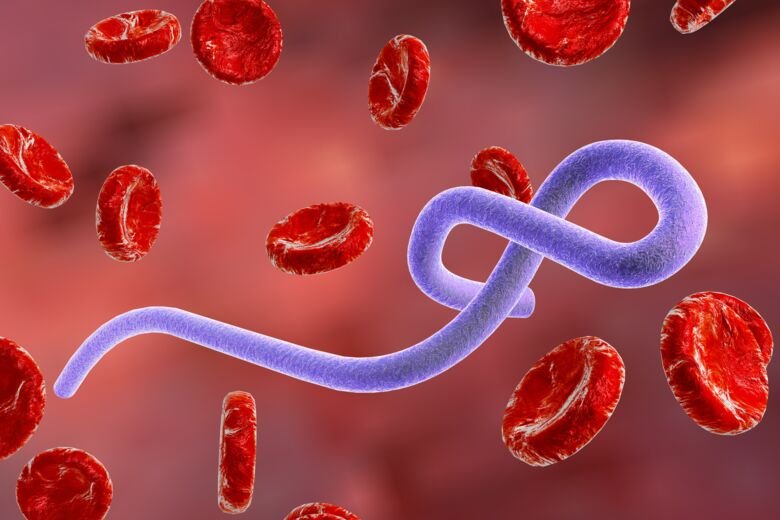New study shows how the Ebola virus infects our cells

In a recent study published in Nature Communication, researchers from Karolinska Institutet and the Institute of Molecular Biotechnology have identified a new molecule in cells that is necessary for Ebola and Marburg viruses to infect and spread in the body.

The molecule, called CCZ1, is a protein that regulates the transport of other molecules by cells. The researchers have also shown that CCZ1 is involved in SARS-CoV-2 infections, which opens up new possibilities for fighting different viruses.
The study used advanced stem cell libraries and organoids, which are mini-organs grown in the laboratory. By studying how the virus infects human blood vessel and liver organoids, they have been able to show that CCZ1 is a key factor in the propagation and spread of the virus.
– The findings could lead to new drugs for Ebola and Marburg virus infections, which cause hemorrhagic fever and high mortality rates. 'We now plan to use our unique platform to identify more molecules that are important for other viral infections, and thus develop new antivirals,' says Ali Mirazimi, Adjunct professor at the Department of Laboratory Medicine and last author of the study.
The study was funded by the EU and the Swedish Research Council.
Publication
Identification of CCZ1 as an essential lysosomal trafficking regulator in Marburg and Ebola virus infections.
Monteil V, Kwon H, John L, Salata C, Jonsson G, Vorrink SU, Appelberg S, Youhanna S, Dyczynski M, Leopoldi A, Leeb N, Volz J, Hagelkruys A, Kellner MJ, Devignot S, Michlits G, Foong-Sobis M, Weber F, Lauschke VM, Horn M, Feldmann H, Elling U, Penninger JM, Mirazimi A
Nat Commun 2023 Oct;14(1):6785
